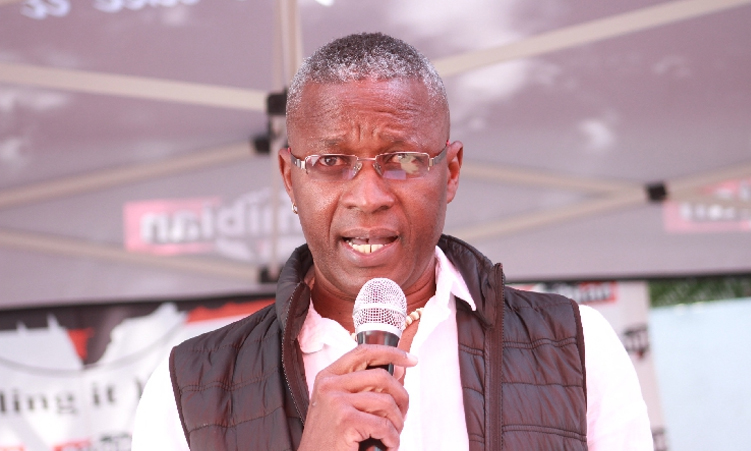The newly gazetted Divorce Act, which imposes strict limits on the publication of details related to divorce proceedings, has sparked a mix of opinions from experts.
The act prohibits the disclosure of any information that could reveal the identity of those involved.
The law, however, permits the publication of the initials of the parties to the divorce, excluding children’s, and acknowledgment of pending proceedings.
Full reporting is restricted to bona fide law reports intended for the administration of justice.
Violations of this law could lead to fines of up to N$100 000 or imprisonment for up to five years.
Law lecturer and media ombudsman John Nakuta does not believe the new Divorce Act would pass the constitutional test due to its media coverage restrictions.
He describes the restrictions on media reporting as excessive.
“One understands and supports the rationale for prohibiting the publication of information about divorce proceedings which reveals or may reveal the name or identity of a child who is or was a party or a witness in the proceedings,” Nakuta says.

However, there are areas where the media ombudsman argues it is not necessary.
Nakuta says the restrictions are not limited to special or sensitive matters, but to all issues relating to divorce proceedings.
“Media organisations and/or journalists must acquaint themselves with the new legal provisions,” he advises.
The failure to do so carries the risk of “. . . the imposition of a fine of up to N$100 000 or imprisonment for up to five years,” he says.
“This invariably impacts the public’s right to know. I wish to stress that this has got nothing to do with sensationalism, but is very much about the public’s right to know,” he says.
Media lecturer Wonder Guchu says the media “overhypes” itself.
“While I agree that divorce proceedings must be covered, I must also point out that such coverage most of the time is reckless and careless, leaving children traumatised,” he says.
Guchu says press freedom is empty rhetoric and that double standards exist.
“When it is about someone who does not have media protection, we are quick to shout public interest and demand access to court proceedings,” he says.
Namibian Sun editor Toivo Ndjebela says he often finds divorce reporting disturbing.
“This is especially in the Namibian context where the current law requires that one spouse must prove their partner had done something wrong.”
He says it forces those filing for divorce to wash their dirty linen in public, which the media naturally pounces on.
“This could be damaging to the couple, their professional reputation and their children. While many stories in the media are written for public interest, some are written because they are just interesting to the public.
“Even if we assume the subject of the story is a public figure, like when the late president Hage Geingob divorced in 2008, it was still a private matter in which the public had no direct interest,” he says.
However, Ndjebela says the positive aspect of the act is that those divorcing no longer need to prove any fault.
Without these details in court, the media should be allowed to continue reporting on divorces without restriction, he says.
“After all, these kinds of stories remain informative and educational to many consumers of news out there.”
Stay informed with The Namibian – your source for credible journalism. Get in-depth reporting and opinions for
only N$85 a month. Invest in journalism, invest in democracy –
Subscribe Now!










